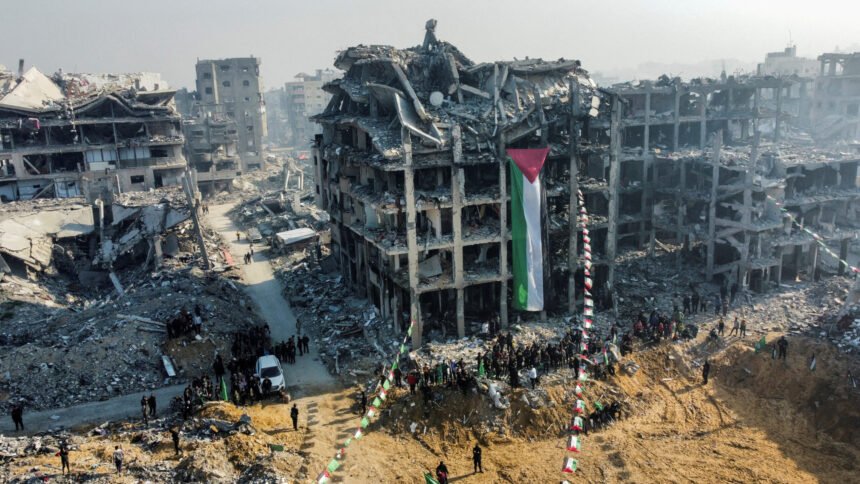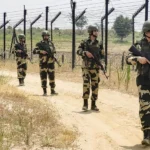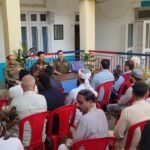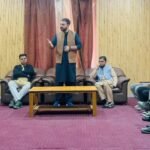United Nations, July 24: Voicing concern over the ongoing humanitarian crisis in Gaza, India called for the implementation of a ceasefire, stressing that “intermittent pauses in hostilities” are “not enough” to address the magnitude of challenges faced by the people in the region.
“Today’s meeting is being held against the backdrop of a continuing humanitarian crisis in Gaza,” said India’s Permanent Representative to the UN, Ambassador Parvathaneni Harish, while addressing an open debate at the UN Security Council.
“Intermittent pauses in hostilities are not enough to address the scale of humanitarian challenges confronting the people, who grapple daily with acute shortages of food and fuel, inadequate medical services, and limited access to education,” Ambassador Parvathaneni Harish said during the UN Security Council open debate on the ‘Situation in the Middle East, including the Palestinian question’.
Emphasising that the way forward is clear and consistent with India’s longstanding position, Harish stressed that the ongoing human suffering must not be allowed to continue.
“Humanitarian assistance must be delivered in a safe, sustained, and timely manner. There is no substitute for peace. A ceasefire must be established. All hostages must be released. Dialogue and diplomacy remain the only viable path to achieving these objectives. There are no alternative solutions,” he stated.
He expressed hope that the upcoming UN conference on the Israel-Palestine conflict would lead to “concrete steps” toward realizing a two-State solution.
Addressing the Council debate held under Pakistan’s presidency for the month of July, Harish reaffirmed India’s deep-rooted and historic ties with the Palestinian people.
“We have always stood by them, and our commitment to the Palestinian cause remains unwavering,” he said, noting that India was the first non-Arab country to recognise the State of Palestine.
Describing the situation in Gaza’s health and education sectors as “particularly troubling,” Harish cited WHO estimates indicating that nearly 95 per cent of hospitals in Gaza have been damaged or destroyed.
He also noted a report from the Office of the High Commissioner for Human Rights, which revealed that more than 650,000 children in Gaza have been out of school for over 20 months.
Harish said India takes note of the upcoming High-Level International Conference on the implementation of a two-State solution, scheduled for July 28–30.
“While engaging in a forward-leaning and constructive manner, we hope this conference will lead to tangible steps toward achieving the two-State solution,” he added.
India reaffirmed its readiness to contribute to any effort aimed at shaping a political horizon that brings lasting hope for the Palestinian people and ensures sustainable peace in the Middle East.
The high-level conference, co-chaired by Saudi Arabia and France, was initially scheduled for June 17–20 but was postponed due to escalating regional tensions.
UN Secretary-General António Guterres has emphasised the importance of preserving the two-State solution, especially in the context of ongoing violence in Gaza and the West Bank.
“For those who question the two-State solution, I ask: What is the alternative? A one-State reality where Palestinians are either expelled or live without rights on their own land? That would be totally unacceptable. It is the duty of the international community to keep the two-State vision alive—and to create the conditions to make it a reality,” Guterres asserted.
General Assembly President Philemon Yang described the international conference as a vital opportunity that “must be seized to chart an irreversible path” toward implementing the two-State solution, underlining that its success is imperative.
India reiterated its belief that a just and lasting peace lies in the establishment of a sovereign, viable, and independent State of Palestine, coexisting peacefully alongside Israel within mutually agreed and internationally recognised borders.
Harish concluded by saying that India aims to make a “tangible impact” on the lives of Palestinians through developmental projects, with current initiatives exceeding USD 40 million across various sectors.









